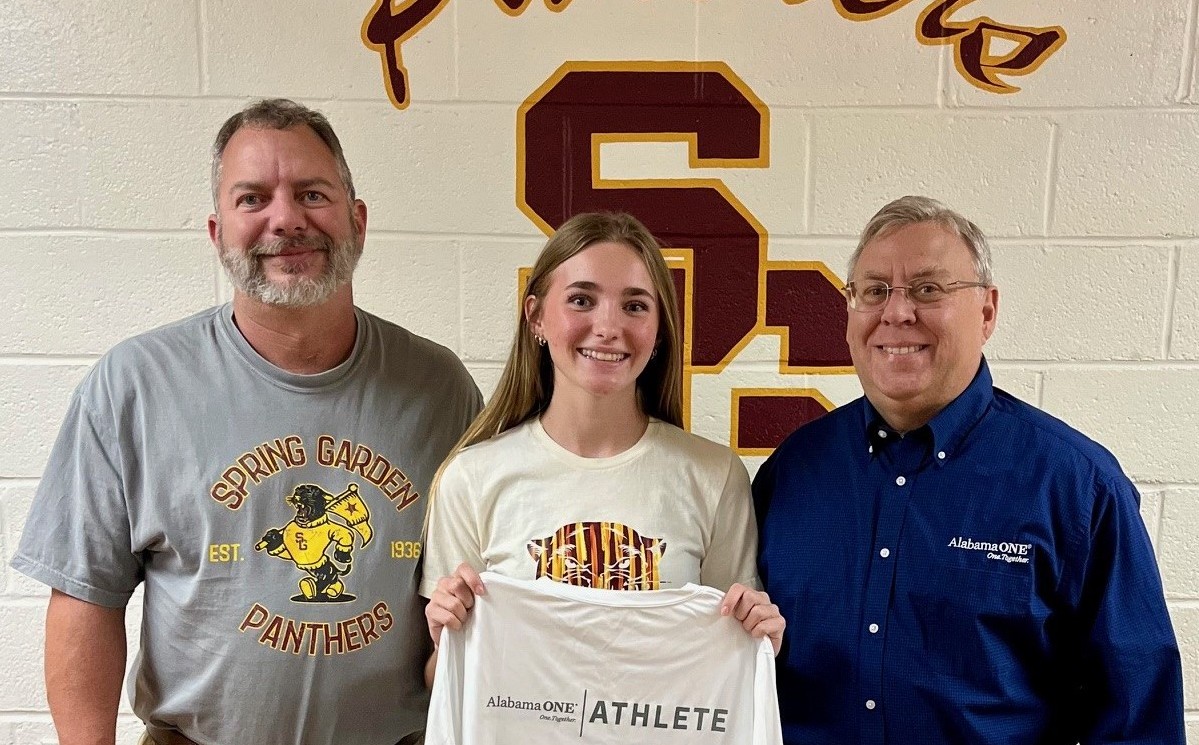 Tracy and Jennifer Vanhoutan(CHICAGO) — For eight years, Tracy and Jennifer VanHoutan have been working to understand and find a treatment for a rare genetic disorder called Batten disease.
Tracy and Jennifer Vanhoutan(CHICAGO) — For eight years, Tracy and Jennifer VanHoutan have been working to understand and find a treatment for a rare genetic disorder called Batten disease.
The VanHoutans aren’t scientists or doctors with medical degrees or a laboratory; they’re parents of children diagnosed with the disease. In 2009, the couple’s eldest child, Noah, was diagnosed with Batten disease, a progressive neurological impairment that can leave children with dementia, blind and unable to talk or communicate. A year later, their daughter Laine was also diagnosed with the terminal disease.
“[Doctors] said, ‘Take your children home and enjoy the time you had left with them,'” Tracy VanHoutan said. “That didn’t sit well with us, and we started looking at different avenues.”
The couple founded Noah’s Hope and started working with the Batten Disease Support & Research Association (BDSRA) to help raise money for research that could hopefully lead to a cure or treatment. They traveled to conferences, met with researchers and agreed to fund research before they had much to offer in the way of donations. Tracy VanHoutan even spent years on the BDSRA board.
“The way we look at it is our house is literally on fire — and the kids are inside of it. What are you going to do about it? We’re not going sit there and wait,” he said.
Last week, the U.S. Food and Drug Administration approved the first-ever treatment for Batten disease. The therapy, called Brineura, treats one type of Batten disease — of which there are 14 types — called late infantile neuronal ceroid lipofuscinosis type 2 (CLN2) Batten disease. Brineura is not a cure, but the enzyme-replacement treatment has been shown to stop or delay the progression of the disease.
“Seeing all of that come to fruition in an approved product last Thursday — it was rewarding and it was bittersweet,” Tracy VanHoutan told ABC News.
Noah’s Hope is one of several family foundations that, together with the BDSRA, helped to fund early research into Batten disease and potential treatments, including the enzyme-replacement therapy that eventually lead to Brineura, according to Margie Frazier, the executive director of BDSRA.
“It’s very important to note that these early funds were raised by parents who were very, very hopeful [while] knowing that their children were not going to benefit,” Frazier told ABC News.
Frazier called the treatment a “milestone” for the community even though it only treats one form of Batten disease.
The VanHoutans celebrated the treatment’s approval, despite the fact that it arrived too late for their children.
Noah — who grew up loving soccer, steaks and the Cubs — died last year at age 11 just a few weeks before his 12th birthday. Their daughter Laine has the same type of Batten disease that is treated by Brineura, but her disease has progressed too far for the treatment to work.
“It was difficult,” Jennifer VanHoutan said, but the fact that other children could be helped by the treatment “softened” the news.
“Laine had a smile on her face all week,” she said.
The couple has not given up hope, and continue to work to find new avenues for both treatment and better testing so families won’t be subject to a long diagnosis process. Jennifer VanHoutan said it took 16 months for Noah to get diagnosed with Batten disease. She said they’ve met other families who didn’t know until after their child had died from the disease.
“We tried to do everything we could,” Tracy VanHoutan said of their work to save their children. “We may not push quite as hard as we did in those early years. … We’re more efficient.”
Copyright © 2017, ABC Radio. All rights reserved.




